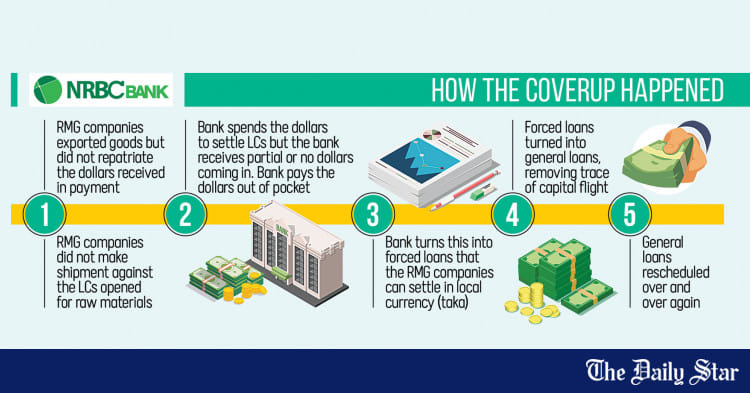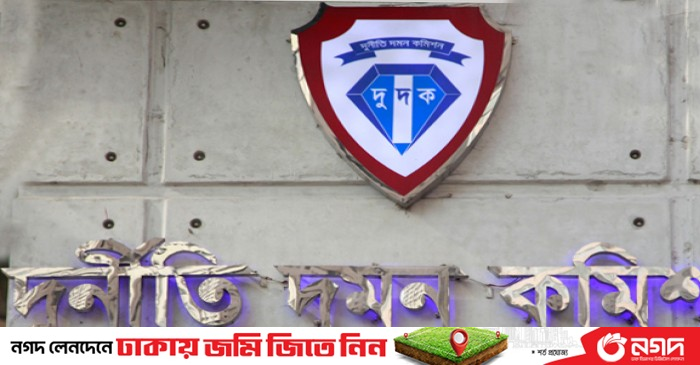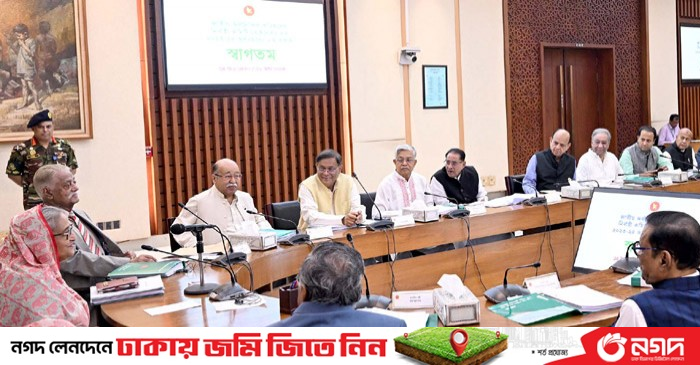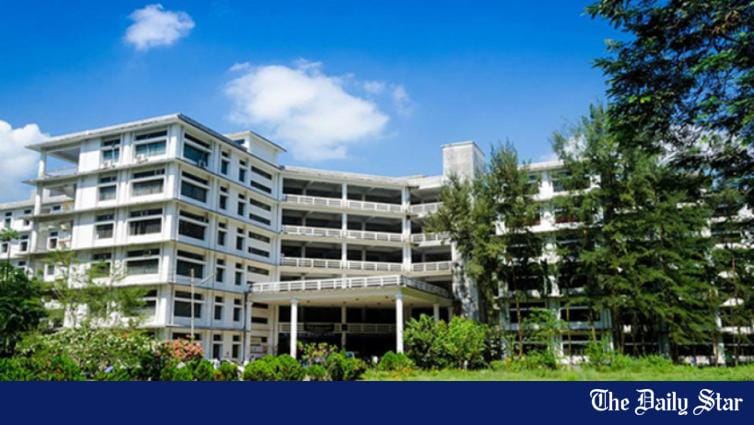Saif
Senior Member
- Joined
- Jan 24, 2024
- Messages
- 15,397
- Reaction score
- 7,874
- Nation

- Residence

- Axis Group

How can he stop extortion when he is the one who is responsible for rampant extortion in the transport sector? He was protecting his share of the extortion money while making the comment.

 www.newagebd.net
www.newagebd.net

Extortion can’t be stopped, but controlled: Quader
The authorities will monitor traffic congestion-prone 155 areas across the country to ease the travails of travel during the coming Eid-ul-Fitr...
 www.newagebd.net
www.newagebd.net
Extortion can’t be stopped, but controlled: Quader
Congestion-prone areas to be monitored during eid holidays
Staff Correspondent | Published: 00:32, Mar 22,2024

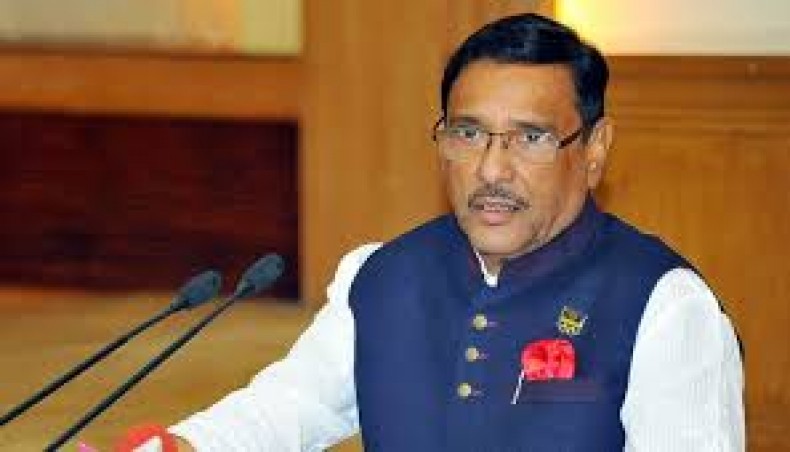
Obaidul Quader
The authorities will monitor traffic congestion-prone 155 areas across the country to ease the travails of travel during the coming Eid-ul-Fitr holidays.
The decision was taken on Thursday at a preparatory meeting for road travel during the forthcoming Eid.
Road transport and bridges minister Obaidul Quader, while chairing the meeting, said that extortion in the transport sector reached such a bad level that even the prime minister had to talk about it.
‘Extortion is impacting the prices of essentials. Naturally the prime minister can understand it and she was forced to talk severely on the issue,’ he said, adding, ‘extortion cannot be stopped. Maybe it can be controlled.’
The Bangladesh Road Transport Authority held the meeting at its headquarters in the capital in which former shipping minister and Bangladesh Road Transport Worker’s Federation president Shajahan Khan and senior officials of the ministry were also present.
Obaidul urged the authorities concerned to check some traffic congestion prone areas, Hanif Flyover in Dhaka, Gazipur, Chandra, Nabinagar and Bangabandhu Bridge west side among them, to reduce sufferings of Eid travellers.
Decisions were also taken to keep open CNG filing stations for 24 hours seven days before and five days after the Eid day and on the Eid day, stop movement of goods-laden vehicles on highways three days before and after the Eid day and monitor 155 traffic congestion-prone areas during the holiday.
Shajahan Khan said that extortions on the road should be brought at a tolerable level.
Extortion is crippling the transport sector, the former shipping minister added.
Obaidul also said that dilapidated buses on Dhaka roads are a shame for Bangladesh.
‘These buses are shameful for our development, achievement and height,’ he said, adding that in Dhaka city there are many factories of these buses.
He said that he had visited some of these factories to see that these buses were being painted with so low quality materials that they would last only 10 days.
‘I asked the owners’ leaders many times but nothing worked,’ he continued and urged the owners to ensure fitness of buses before the Eid holidays begin.
Fatal road crashes are mainly taking place after the Eid due to lax monitoring, he also observed.
He blamed movement of motorcycles and three-wheelers and reckless driving for fatal road crashes.
‘We do not evaluate the implementation of the decisions taken in these meetings. The effectiveness of these decisions in reality needed to be evaluated,’ he added.


Obaidul Quader
The authorities will monitor traffic congestion-prone 155 areas across the country to ease the travails of travel during the coming Eid-ul-Fitr holidays.
The decision was taken on Thursday at a preparatory meeting for road travel during the forthcoming Eid.
Road transport and bridges minister Obaidul Quader, while chairing the meeting, said that extortion in the transport sector reached such a bad level that even the prime minister had to talk about it.
‘Extortion is impacting the prices of essentials. Naturally the prime minister can understand it and she was forced to talk severely on the issue,’ he said, adding, ‘extortion cannot be stopped. Maybe it can be controlled.’
The Bangladesh Road Transport Authority held the meeting at its headquarters in the capital in which former shipping minister and Bangladesh Road Transport Worker’s Federation president Shajahan Khan and senior officials of the ministry were also present.
Obaidul urged the authorities concerned to check some traffic congestion prone areas, Hanif Flyover in Dhaka, Gazipur, Chandra, Nabinagar and Bangabandhu Bridge west side among them, to reduce sufferings of Eid travellers.
Decisions were also taken to keep open CNG filing stations for 24 hours seven days before and five days after the Eid day and on the Eid day, stop movement of goods-laden vehicles on highways three days before and after the Eid day and monitor 155 traffic congestion-prone areas during the holiday.
Shajahan Khan said that extortions on the road should be brought at a tolerable level.
Extortion is crippling the transport sector, the former shipping minister added.
Obaidul also said that dilapidated buses on Dhaka roads are a shame for Bangladesh.
‘These buses are shameful for our development, achievement and height,’ he said, adding that in Dhaka city there are many factories of these buses.
He said that he had visited some of these factories to see that these buses were being painted with so low quality materials that they would last only 10 days.
‘I asked the owners’ leaders many times but nothing worked,’ he continued and urged the owners to ensure fitness of buses before the Eid holidays begin.
Fatal road crashes are mainly taking place after the Eid due to lax monitoring, he also observed.
He blamed movement of motorcycles and three-wheelers and reckless driving for fatal road crashes.
‘We do not evaluate the implementation of the decisions taken in these meetings. The effectiveness of these decisions in reality needed to be evaluated,’ he added.

